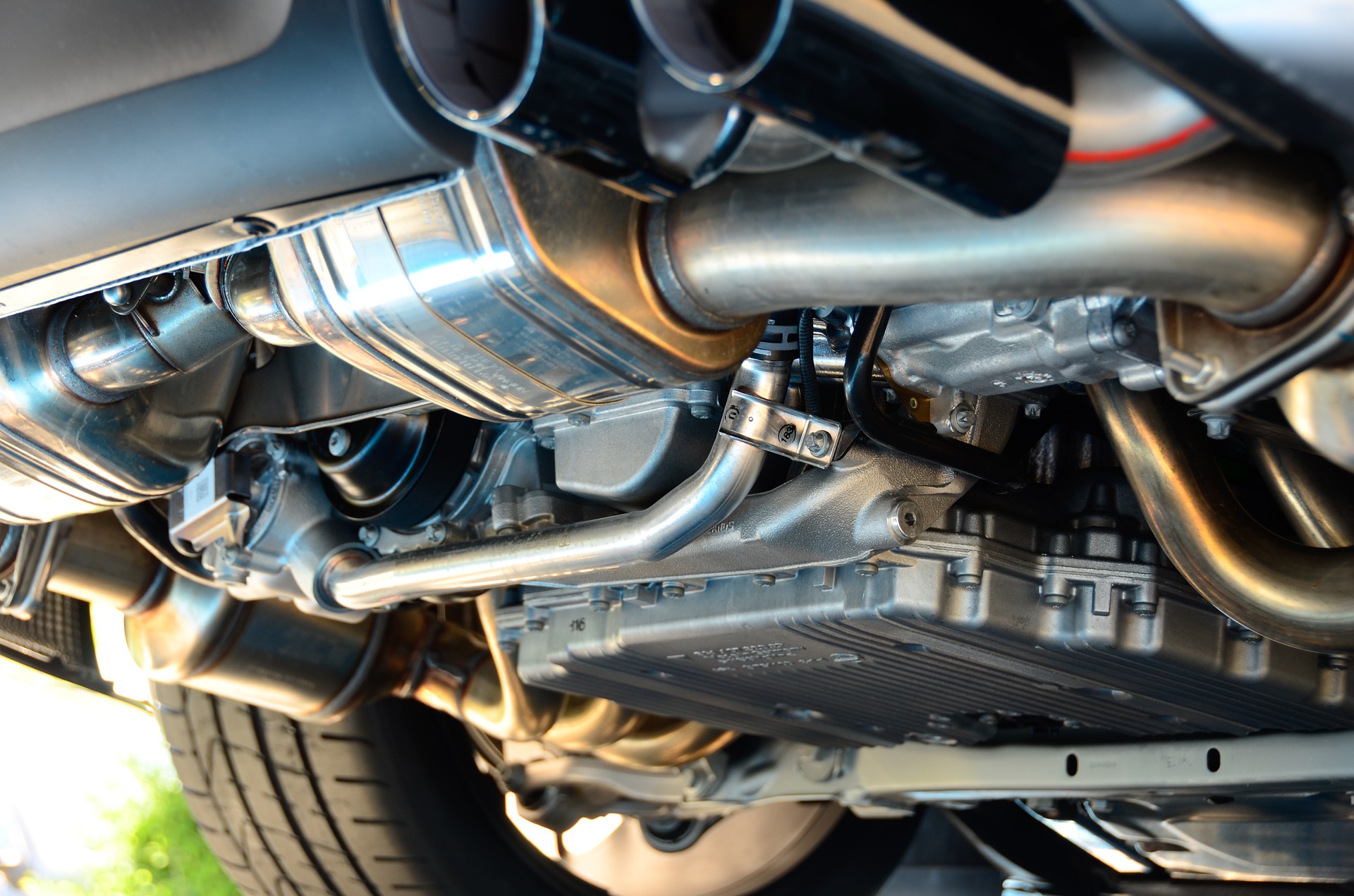Owning a car can be expensive because it may need to be fixed sometimes. Car maintenance requires notable expenses, especially if it’s an older car.
One expense you should however really honor is changing a defective exhaust pipe.
Firstly, because it’s illegal to drive with a defective one. Police could fine you if they see you driving a car with an exhaust defect. It’s also disrespectful to pedestrians and city inhabitants who don’t want to have to breathe in these toxic exhaust fumes. Having an exhaust system in good working condition is vital for fuel mileage, the environment and your safety.
There are a couple of symptoms that can indicate that your exhaust system is having some troubles: noisy exhaust, a decrease in fuel efficiency, strong smell of exhaust fumes, dangling exhaust pipe, power and acceleration troubles, etc.
Several elements make up for a proper functioning of the exhaust pipe, and they need an annual health check. The catalyst is an essential part, as it is responsible for converting harmful pollutants and reducing the amount of gaseous pollutants emitted by the car. It can be a metallic or ceramic part, covered in precious metals and located in the middle of the pipe. Having a catalyst is mandatory on new petrol cars since 1993, and on diesel since 1997.
Another part is the expansion box, also called front silencer. It is responsible for absorbing gases to ensure a correct flow of gases, impeding them from being highly toxic, and also limiting the sound level through baffles and fibrous materials. If you use your car mainly in the city, the silencer will require a change every 60 thousand km or so. But the silencer can hold for 80 thousand km if you only drive on highway or major routes. The catalytic converter holds out through close to 100 thousand km, so it doesn’t require any maintenance until then.
In case a part is damaged, you need to have it repaired or changed as soon as possible.





